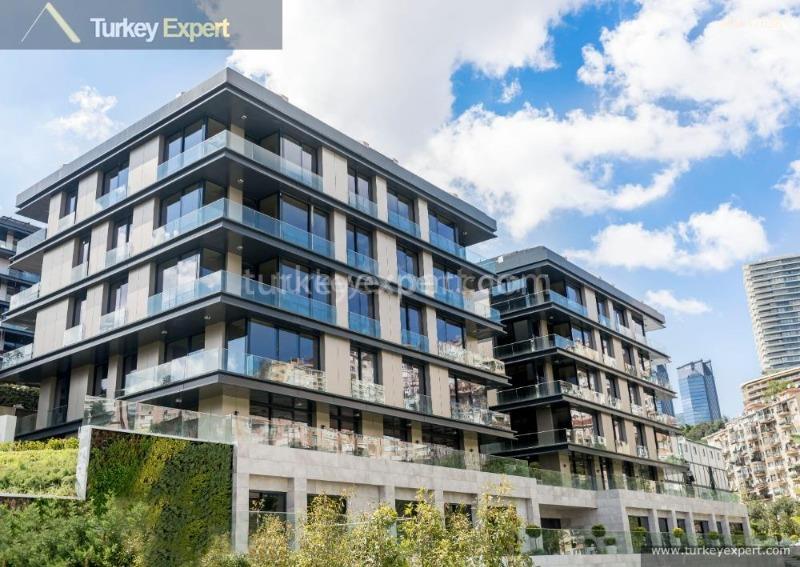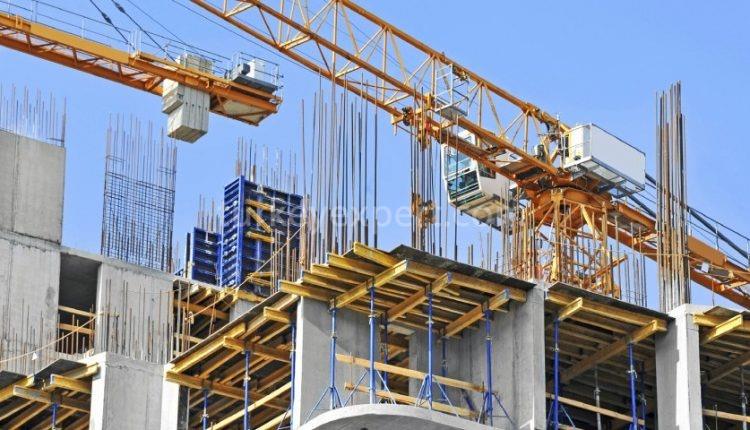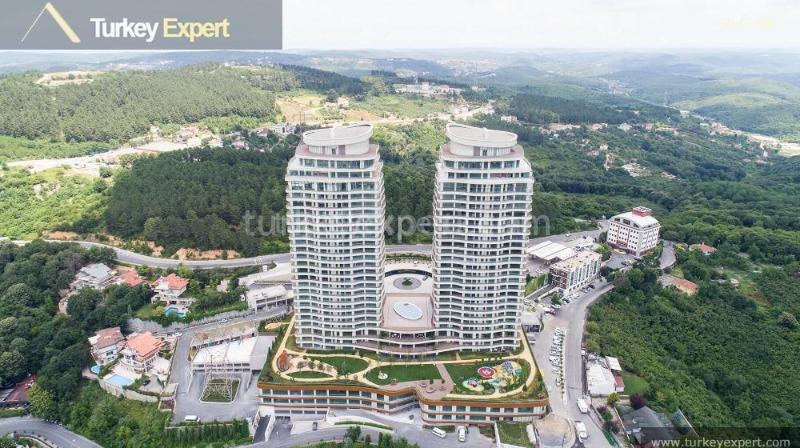
Turkish Property Market - Trends and Predictions for 2025

Post-Pandemic Recovery and Growth
After the COVID-19 pandemic, Turkey’s property market rebounded more quickly than expected, driven by rising demand for residential properties and investment opportunities. Istanbul, as the country's economic hub, experienced a surge in both new development projects and property sales. The government’s support measures, including low-interest rates and favorable loan conditions, have contributed to this recovery, allowing many buyers to capitalize on attractive financing options.
Prediction for 2025: While economic uncertainties persist globally, Istanbul's real estate market is expected to remain resilient. As inflation stabilizes and the Turkish lira strengthens, foreign investors may continue to benefit from relatively affordable property prices compared to other European markets.

Foreign Investment Surge
One of the most notable trends in Istanbul’s property market has been the increase in foreign buyers, particularly those interested in Turkey’s Citizenship by Investment (CBI) program. This program allows investors to gain Turkish citizenship by purchasing real estate worth at least $400,000, making it an attractive option for investors from the Middle East, Asia, and Europe. Istanbul's global appeal, strategic location, and rich cultural heritage further add to its desirability.
Prediction for 2025: Demand from foreign buyers is expected to remain strong, with continued interest in high-end developments and prime locations like Bosphorus-facing properties, luxury apartments, and commercial real estate in business districts such as Levent and Maslak.

Shift Toward Sustainable and Smart Living
Buyers are increasingly seeking sustainable, eco-friendly properties and smart homes equipped with advanced technology. In response, developers are incorporating energy-efficient systems, smart home automation, and green spaces into their projects. Istanbul, being a densely populated urban center, is seeing more vertical developments, with a focus on sustainable architecture.
Prediction for 2025: This trend is likely to accelerate, with more new developments focusing on green certifications, renewable energy integration, and intelligent building designs. Investors seeking long-term value should consider properties that offer sustainable features, as demand for such homes will continue to rise.

Residential Property Demand in Suburbs
A trend that emerged strongly post-pandemic is the growing demand for suburban properties. With remote work becoming more prevalent, many buyers are opting for larger homes outside the city center in areas such as Büyükçekmece, Silivri, and Beylikdüzü. These suburbs offer more space, a quieter environment, and better value for money compared to Istanbul’s inner districts.
Prediction for 2025: Suburban areas will continue to attract buyers, especially families and remote workers. Prices in these districts are expected to rise, albeit at a moderate pace compared to the rapid growth seen in 2021–2022. Investors may find opportunities in these emerging neighborhoods, particularly for rental properties targeting expats and digital nomads.

Rising Property Prices and Inflation
Property prices in Istanbul have been steadily rising due to a combination of factors, including high demand, limited supply in central locations, and inflation. While inflation remains a challenge for the Turkish economy, real estate has historically served as a hedge against it. The depreciation of the Turkish lira has made Istanbul properties more affordable for foreign investors, but locals are feeling the impact of rising costs.
Prediction for 2025: Property prices in Istanbul are expected to continue their upward trend, though the pace may slow slightly as inflation stabilizes. Investors should act sooner rather than later to take advantage of relatively low prices, especially in central districts such as Nişantaşı, Beşiktaş, and Şişli, which offer excellent potential for capital appreciation.

Commercial Real Estate Revival
Istanbul’s commercial real estate sector, particularly office spaces, faced challenges during the pandemic as remote work became the norm. However, as businesses adapt to hybrid work models, demand for flexible office spaces is returning. Co-working spaces and business hubs are becoming increasingly popular among both local entrepreneurs and international companies.
Prediction for 2025: The commercial real estate sector in Istanbul is poised for a revival, with flexible office spaces leading the way. Investors may find opportunities in prime commercial areas such as Ataşehir and Kağıthane, where office developments are catering to the needs of the new workforce.

What Investors Should Watch in 2025
Istanbul’s real estate market offers a wealth of opportunities for savvy investors. Key trends such as sustainable development, suburban demand, and foreign investment will shape the market in 2025. While rising property prices and inflation present challenges, the overall outlook for the market remains positive, with Istanbul continuing to be a highly attractive destination for both residential and commercial investments.
For those seeking Turkish citizenship or long-term financial growth, now is the time to explore Istanbul’s property market. Staying ahead of the trends and making informed decisions based on market data will be crucial for maximizing returns in the coming year.
Updated on 2024-10-20
 Turkish Citizenship
Turkish Citizenship English
English Русский
Русский Türkçe
Türkçe فارسی
فارسی عربي
عربي  Nederlands
Nederlands Deutsch
Deutsch Français
Français Español
Español 中国人
中国人